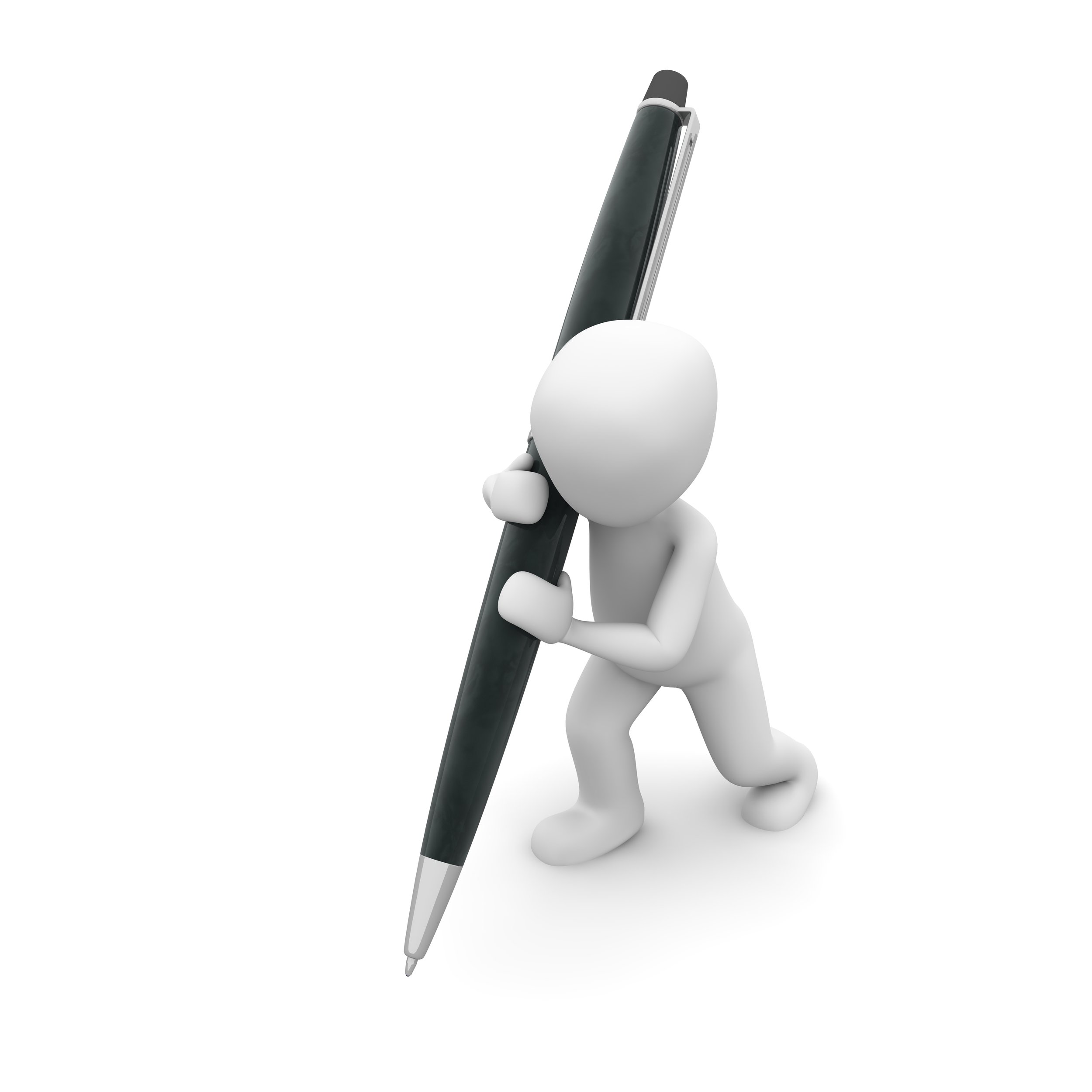A selection of pieces personal and professional
__________
What am I looking for in editor candidates? Let me get a little more concrete.
I want to see in a 40- or 80- or 120-page document that they’ve caught every serial comma that needs to be added. Because engineers often leave them off, but in tech writing we like them in. I want to see that they’re keeping track, in at least one pass through the doc, of all the various terms and initialisms that might be spelled or capped differently, and making sure that all such terms are treated consistently throughout. I want them to check that every occurrence of an initialism with its spelled-out version coincides with the introduction of that term and that that term is never again re-introduced.
Is more and more testing the answer?
We’ve got a problem in tech.
We require a lot of our editors, more so than is usual in other disciplines.
The editors who work in tech need to be clear and logical thinkers, but also nimble and creative. They often work in several content types, for various audiences. They may be thinking a brand-new project through from the beginning or evaluating one at an early milestone. They often participate in developing the very guidelines that they and the writers will be following.
Perhaps it comes down to what you mean by “grammar”
I would argue that while for writers grammar can be (to quote Joan Didion) “the piano they play by ear,” this won’t do for editors. Editors should not only know how to read the notes, they should be able to compose the music.
GOOD EDITORS WORK INSIDE THE STRUCTURES OF THOUGHT
When you understand the structures that we weave thought into — the structures that make up phrases, clauses, entire sentences — when you learn how to shape and reshape them for different purposes, then you command thought, you command language.
It’s more than simply reading, more than offering opinions
Divorced from context, the term “editing” can mean almost anything related to changes in text, by anyone, for any reason.
The line between the two can shift, depending upon perspective
Although there are rules (for light to medium copyediting) and principles (for line or developmental editing) to be followed, editing is more art than science. The deeper into a piece an editor goes, the more interpretative the work.
You know we’ll get into levels of edit, right?
Editors work with words on the page, helping to better shape their presentation and impact. They do this in various ways, depending in part upon how far along in the process the piece is, depending in part also upon what the piece needs — as long as the schedule supports it, of course.
Notes for a talk with an undergraduate editing class
If you like the work as you understand it so far and you’re wondering whether this might be the career for you, you’ll want to know something about the range of possibilities in the marketplace. I’ll give you a thumbnail sketch of some of the roles I’ve worked and talk briefly about where you might go from here to further prepare. Then we’ll get into a Q&A.
WORKING WITH A RUBRIC CAN HELP YOU ORGANIZE YOUR THINKING
When a piece of writing works well, everything coalesces into one beautiful whole. Conversely, when the writing falls short, it can sometimes be difficult to sort out from the tangle where it’s working and where not.
ANALYZING AND SOLVING BEYOND MERE MECHANICS
Consistently, the problem I see with novice editors is, on the one hand, not knowing when they should limit themselves to strictly mechanical copyediting, and on the other, not knowing when — and how — to intervene more deeply.
A long-form piece, with examples.
THE ABILITY TO SPOT A FEW CLASSES OF ERROR IS NOT NEARLY CREDENTIAL ENOUGH
When I was at a startup in the early ’90s and we were building our department, we took on as editor someone very new to the profession. She had studied design in school, and the portfolio she brought us was filled with visual pieces. But she had an ear for the language, she had a passion for reading and could parse a sentence, she was sharp and analytical, and she soon picked things up.
Becoming a worker of words
Read deeply and broadly in the literature of the language (fiction and non) across time — taking in the rhythms of it, the cadence, the marshaling of words on the page, the words themselves.
It goes well beyond “grammar”
Editing means paying close attention. And being informed. It means questioning every detail from the smallest to the largest.
In response to the claim that no two editors will edit alike, the unstated corollary being that all editorial decisions must be equally good
Well, it’s true that no two editors will come up with exactly the same solutions. Each editor will bring individual sensibilities to the work, as well as different ranges of experience, different schooling.
A deeper dive into the levels
Each level of edit has its own concerns, though when you look across the levels as a whole, at the borders, one shades into the next. The divisions between each level are not hard and fast. Working with checklists can help orient you to the primary focus of each level.
SURVEYING THE EDITORIAL LANDSCAPE
You know this already, even as novice writer or editor: some text needs only a minor bit of tweaking to ready it for publication; other text might need progressively more intervention before it goes before an audience. The categories of editorial intervention — from deeper to lighter, and the tasks involved—are known as the levels of edit.
PROFESSIONAL EDITORS WORK IN SERVICE OF THE PUBLICATION, THE WRITER, AND THE READER. AND THEY HAVE A PLAN.
The editor has a well-defined role, although this role varies in different publishing environments. Certain commonalities, however, hold across environments.
Resource, reference, guide
The skills an editor develops over a lifetime of editing are the tools in her toolkit. Integral to developing and honing those skills are the books in her life. The books she reads for pleasure, making the rhythms of the language (or languages) intuitively her own. And the books she reads and studies specifically to learn more about how the language works.
A worksheet for moving smoothly from gaining skills to honing and using them. With a geographical bias, for local organizations, of the San Francisco Bay Area
There are plenty of resources online for honing your skills and developing a network, and for putting together a professional portfolio. Gaining experience on the job just takes a bit of time.



















